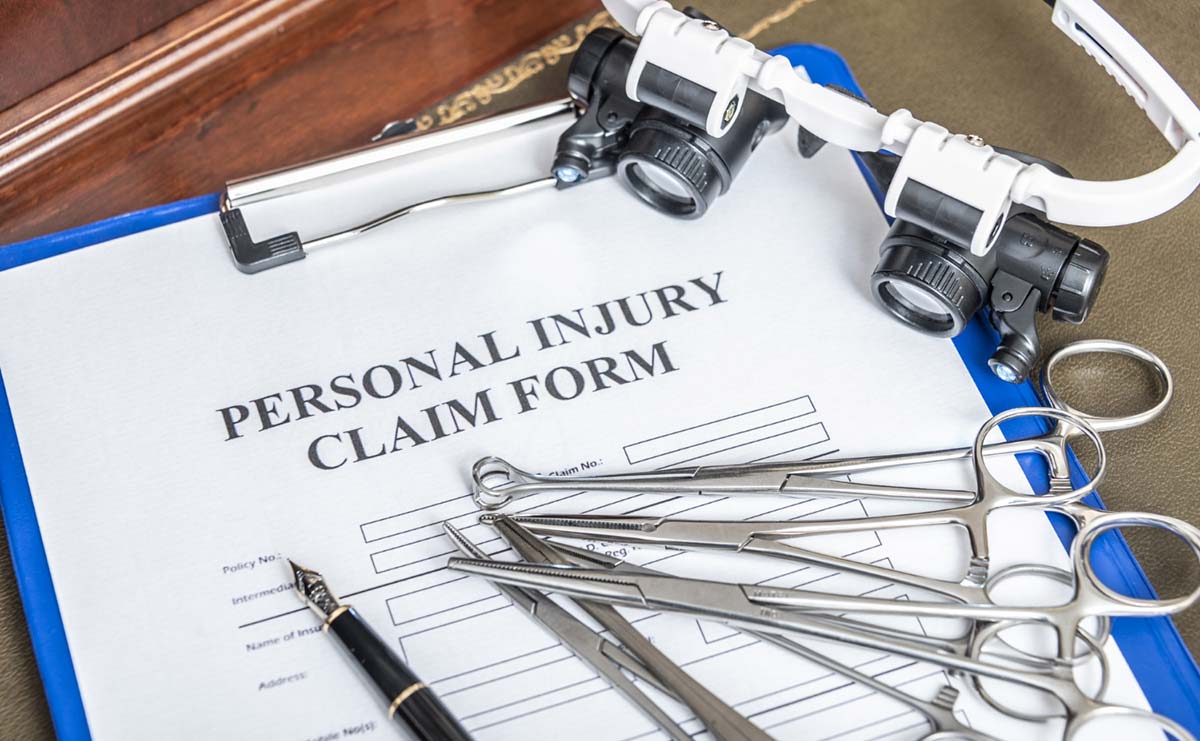Government Alberta | Forms – RTDR0007
RTDR0007 – Landlord’s Application for Termination of Tenancy and Unpaid Rent in Alberta
The form titled “Landlord’s Application for Termination of Tenancy and Unpaid Rent in Alberta – RTDR0007” is a legal document designed for landlords to initiate the process of terminating tenancy agreements and recovering unpaid rent through the Residential Tenancy Dispute Resolution Service (RTDRS) in Alberta. It outlines the procedure for landlords to submit their application, including the preparation of evidence, payment of a filing fee, and serving the application package on the respondent(s). The form also guides landlords on how to organize their evidence and provides details on serving the application package to ensure compliance with legal requirements. Additionally, it informs landlords about adding a representative, submitting additional evidence, and the importance of attendance at hearings. The document includes sections for detailing the landlord’s and tenant’s information, reasons for termination, claims for unpaid rent and utilities, damages due to breach of tenancy agreement, and costs associated with filing the application. It emphasizes the need for accuracy and completeness in filling out the application to avoid enforcement issues and ensure a smooth dispute resolution process.
Filling out this form involves several critical steps. Here is a guide to help you accurately complete the application:
- General Information
- Landlord(s)/Applicant(s): Enter the landlord’s or property manager’s full name, address, contact information, and email. If there is more than one landlord, use the “Add Row” option to include their details.
- Does the applicant have a representative? If a lawyer or another individual will represent you, select “Yes” and provide their contact information. If not, select “No.”
- Tenant(s)/Respondent(s) Information
Include the full name(s), address(es), and contact information of the tenant(s) or respondent(s). Use the “Add Row” button for multiple tenants.
- Rental Premises Address
Enter the complete address of the rental property involved in the dispute.
- Court of Justice or Court of King’s Bench Involvement
Answer “Yes” or “No” to whether any applications have been made or served regarding this matter by or to the Court of Justice or Court of King’s Bench.
- Landlord’s Evidence Summary
- General: Specify the type of tenancy and premises, current rent, security deposit, and whether the tenant is still residing in the premises.
- Termination of the Tenancy and/or Recovery of Possession: Detail the reasons for termination and whether a notice to terminate was served.
- Compensation for Over-holding Tenant: If applicable, calculate the daily rent for an over-holding tenant.
- Unpaid Rent and/or Utilities: Attach a rent ledger or complete the table provided to detail unpaid amounts.
- Damages (Losses) Due to Breach of the Tenancy Agreement: Describe any damages or losses and attach evidence.
- Costs of Filing this Application
State if you are claiming the $75.00 RTDRS filing fee and any other costs. Attach evidence of costs.
- Witnesses
Indicate whether you will call witnesses and list their names if applicable.
- Certification
Confirm the accuracy of the information provided, date the form, and sign it. Include your position (e.g., Landlord, Agent).
Additional Instructions
- Organize Evidence: Ensure all evidence is single-sided, unbound, and clearly labeled for easy scanning and review.
- Payment of Filing Fee: The RTDRS filing fee is $75.00, payable at the time of filing.
- Service of Application Package: Make a copy of the application package to serve on each respondent at least 3 clear business days before the hearing date. This includes the Notice of Hearing, application form, and any evidence.
Remember, filling out the form accurately and providing organized evidence will support a smoother resolution process.
Disclaimer: This guide is provided for informational purposes only and is not intended as legal advice. You should consult the Residential Tenancies Act or a legal professional.




